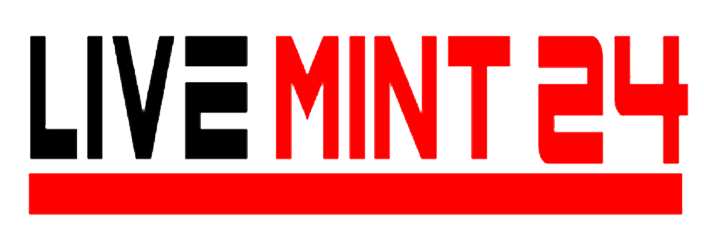Director & HOD
Interventional Cardiology & Heart Failure Programme
Fortis Hospital Shalimar Bagh
www.drnareshkumargoyal.in
While their names might sound similar, their nature and consequences differ significantly. Understanding these differences can be life-saving, for yourself and those around you.
1. Heart Attack: Imagine a blocked coronary artery, like a kinked garden hose. Blood flow to a part of your heart is cut off, causing that agonizing chest pain, tightness, or pressure. Think of it as a circulation problem. While some may experience the classic Hollywood clutch- at-the-chest scenario, others might feel jaw pain, arm discomfort, or even fatigue. Early action is crucial, as the deprived heart muscle starts to die.
2. Heart Failure: This isn’t about your heart giving up, but rather its inability to pump effectively. It’s like a weakened pump struggling to fill a vast pool. Various conditions, including high blood pressure or previous heart attacks, can lead to this. Symptoms like breathlessness, fatigue, and ankle swelling are red flags. Remember, heart failure is a chronic condition, requiring long-term management, not a sudden event.
3. Cardiac/ Heart Arrest: This is the ultimate electrical storm. Your heart’s rhythm goes haywire, causing it to quiver or fibrillate instead of pumping. It’s like a faulty plug sending the whole system into chaos. Blood flow to the organs stops abruptly, leading to unconsciousness and death within minutes if not treated immediately. Unlike a heart attack, cardiac arrest often has no warning signs.
The Bottom Line:
● Heart attack: Clogged arteries, circulation problem, act fast.
● Heart failure: Weak heart, chronic condition,
manage with medication.
● Cardiac arrest: Electrical malfunction, sudden event, immediate CPR and defibrillation crucial.
Remember, these are just broad outlines. Early symptoms can be subtle and vary greatly. If you experience any chest discomfort, breathing difficulty, or sudden collapse, seek immediate medical help. Early diagnosis and intervention are your best weapons against these cardiac conditions.
Bonus Tip: Lifestyle changes like a healthy diet, regular exercise, and stress management are your best preventive measures against all three. So, take charge of your heart health today!


